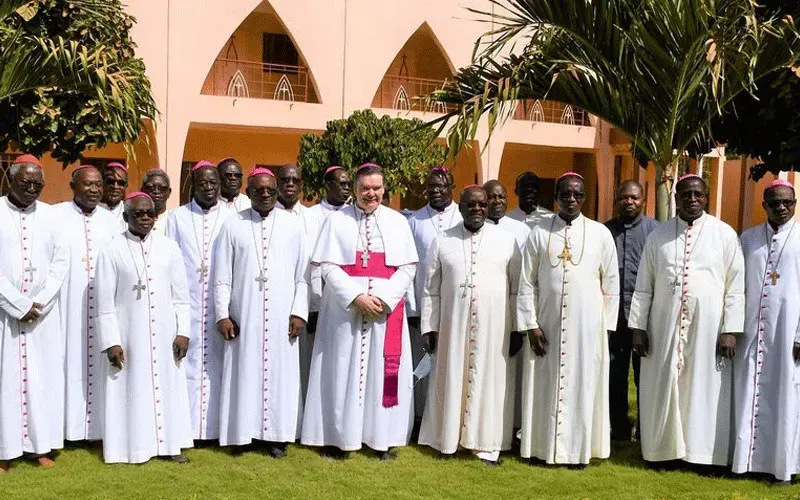“The cries of distress, the desperate and urgent appeals that are being made throughout the country to the administrative, political, military, customary and religious authorities are calling out to all of us and urging us to examine our conscience without complacency,” the Catholic Bishops say.
They find it regrettable that “these cries and appeals are all the more dramatic as they come from people or communities made up mostly of young people, women and children representing two thirds of the country's population, and who are in search of models, reference points and symbols.”
The Catholic Church leaders invite the people of God in the West African nation to “remain dignified and confident, without giving in to hatred, revenge, stigmatization of ethnic, regional or religious groups, exclusion, or violence of any kind.”
In the light of the Easter Season characterized by hope in the reality of the resurrection of Jesus Christ, CEBN members invite the Burkinabe “to unity, solidarity, consultation and reconciliation between sons and daughters of the same nation, eager to give the best of themselves, in fidelity to the national motto: ‘Unity - Progress – Justice.’”
“Indeed, our internal divisions weaken us, slow down the reconquest of the national territory and prevent us from giving a real impetus to our development without which there can be no lasting peace,” they say.
(Story continues below)
CEBN members go on to “congratulate the Defense forces for their patriotism, their sense of responsibility and their determination to reconquer the entire national territory, to secure the population and to work for their return to their localities of origin.”
They urge the government to “resolutely pursue the reforms necessary for more effective and equitable political and economic governance and to create the objective conditions for mobilizing human, economic, financial and material resources in order to ensure a better distribution of wealth for sustainable development for the benefit of all.”
They urge believers and their respective leaders “to join efforts, to strengthen the spirit of dialogue and exchange and to intensify prayers and works of mercy in order to further promote peaceful living together in our country.”
“May the Risen Lord fill you with his joy, his light and his peace, so that you may be witnesses of his victory over evil and death and that you may be artisans of his Kingdom of justice and peace,” Catholic Bishops in Burkina Faso implore in their 2023 Easter Message shared with ACI Africa.
Jude Atemanke is a Cameroonian journalist with a passion for Catholic Church communication. He holds a Bachelor’s Degree in Journalism and Mass Communication from the University of Buea in Cameroon. Currently, Jude serves as a journalist for ACI Africa.








